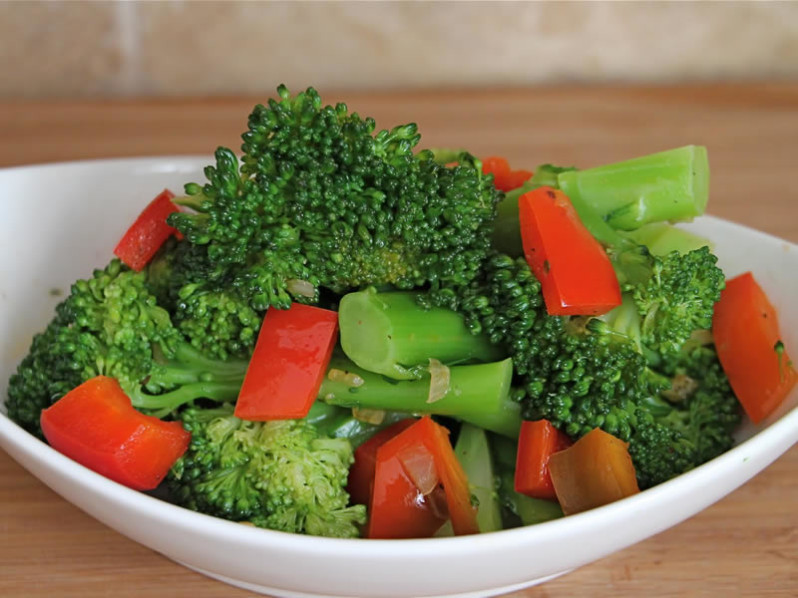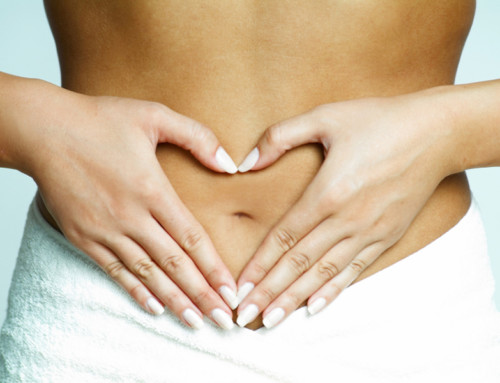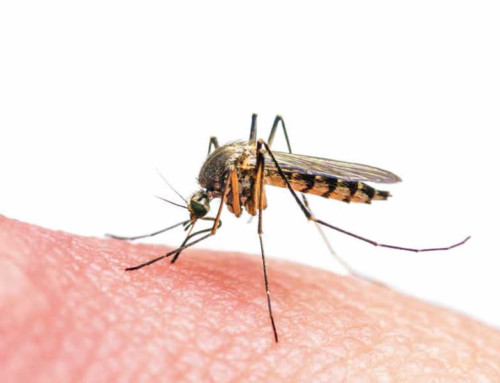Oh no! That’s the feeling of dread we all get when we first see those unmistakable signs of a cold — runny nose, a scratchy sore throat and a hoarse cough. We all hope each year to be able to avoid catching colds. With more than 200 viruses that can cause the common cold, you want to think about preventive measures ahead of time and know the action steps to take at the first signs and symptoms of a cold.
Diet plays a critical role in both preventing colds and recovering from them. Eating lots of vegetables ensures you will be taking in plenty of immune supporting nutrients like beta carotene (which converts to vitamin A), vitamin C, and zinc, all of which influence the types and amounts of immune cells we have, as well as how active they are.1-4
So load up on vegetables, especially vitamin C-packed choices like green and red peppers and tomatoes and beta carotene-rich choices like broccoli, spinach, and other greens. Foods rich in zinc include organic grass fed beef, nuts, seeds and beans.
When it comes to colds, it is just as important to know what you shouldn’t be eating; sugar is the main culprit. High-sugar foods are unhealthy from a number of perspectives, but when you are fighting a cold, it’s especially important to avoid them.
Studies of diabetics have shown that high blood sugar levels cause the white blood cells to slow down their activity.5 White blood cells are important blood-based fighters of bacteria and viruses. Eating a high sugar diet impairs their ability to destroy these invaders.
You always hear to drink plenty of fluids to prevent and treat colds, but you may not know why. Drinking plenty of fluids helps keep your mucous linings built up, so that when you breathe in or ingest bacteria and other germs, they land on well hydrated mucous membranes and can be carried out of the body.
Staying hydrated also keeps your lymph system flowing and removing toxins and debris from the immune cells out of the body. Hot liquids can be particularly beneficial if you already have a cold since they have a decongestant effect. So drink plenty of fluids, just not sweetened drinks.
And what about alcohol? Again, avoid the sweet mixed drinks due to the sugar, but as far as a general recommendation, it’s hard to give one. Alcohol is dehydrating and it depletes several vitamins and minerals, which isn’t good for immunity. However, a Carnegie Mellon study found that in almost 400 adults, resistance to colds increased with moderate alcohol consumption.6
In another study, red wine especially, was linked to as much as a 60% reduced risk of developing colds.7 Alcohol is a mixed bag when it comes to health issues, and I’ll discuss them in a future article. So, if you do drink, keep it to a moderate level of intake, which is usually defined as 1-2 drinks per day for men and no more than one drink per day for women.
Eat, drink, and be merry but choose carefully for cold prevention!
References
- http://ods.od.nih.gov/factsheets/vitamina.asp
- Gershoff, S.N., Nutrition Reviews, vol. 51, No. 11, Nov. 1993:313-326.
- 2. Siegel, B.V., Morton, J.I., Int. J. Vit. Nutr. Res. 53 1983) 179-183.
- http://ods.od.nih.gov/FactSheets/Zinc.asp
- Critical Care Med. 2005 Jul; 33(7): 1624-33.
- Cohen, S., et al. American Journal of Public Health, 1993, 83(9), 1277-1283.
- American Journal of Epidemiology. 155(9):853-858, May 1, 2002.
Article Courtesy TOTAL HEALTH BREAKTHROUGHS for Wellness.com














